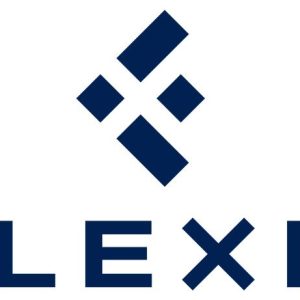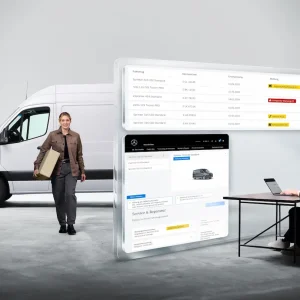Commercial vehicle consultant Robin Dickeson said: “The size of demand for heavy vans will get back to and go past where it was before the slump.”
He says sales of vans weighing 2.8 to 3.5-tonnes are growing as firms, which previously ran light van fleets, look to economise by opting for larger vehicles with greater loadspace and payload capacities.
“Coming out of recession industries are becoming more efficient,” Dickeson said. “The capital cost of a larger van is not much different but the amount of kit you can carry is enormously different.”
At the other end of the scale, operators that have traditionally ran 7.5-tonne trucks are increasingly switching to 3.5-tonne vans as they seek to avoid the expense and hassle of having to obtain an operator licence and hire a transport manager.
Dickeson claims many 3.5 tonners now offer payloads approaching those of 7.5-tonne vehicles.
Another factor driving the migration to the large van segment is that as time goes by there are progressively fewer drivers entitled to drive vehicles weighing more than 3.5-tonnes on a standard category B licence by dint of having passed their test before 1997. Other drivers must obtain a CPC (Certificate of Professional Competence) to move up the weight scale.
“Seven and a half tonners twenty years ago were the biggest sector of the UK market – 3.5-tonners have now taken over,” Dickeson said.
In the first four months of the year heavy van registrations grew 34% to 49,370. according to the SMMT.






